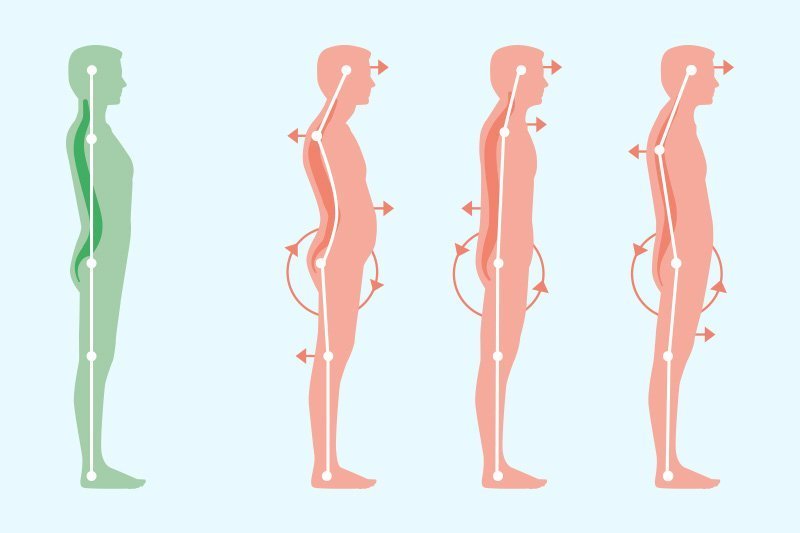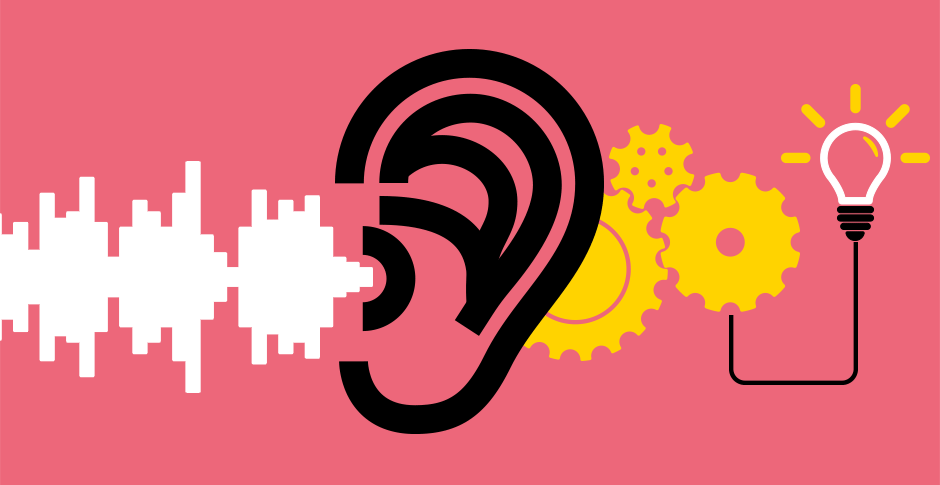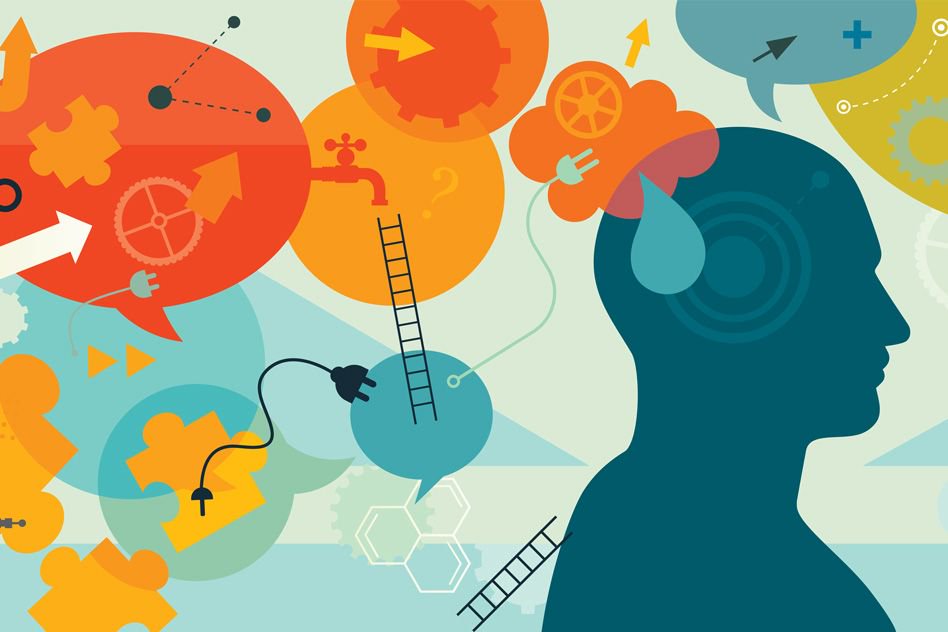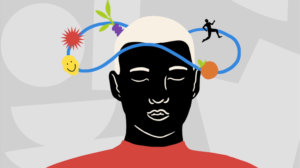Who doesn’t want to be liked by their environment?
Helen Riess , a Harvard psychiatrist, shared a formula that will instantly make you more likeable: ” The Empathy Effect: 7 Keys Based on Neuroscience ” to become a better leader in relationships, work and life.
Helen Riess abbreviates her formula as EMPATHY. The psychiatrist, who uses the English word of empathy as an abbreviation, creates a whole by attributing meanings to the expansion of each letter.
According to his researches, in order to be a more admired person, we must both learn empathy and bring its expansion into our lives.
1) Eye Contact [E]

Although hundreds of studies have shown the importance of eye contact, it is worth emphasizing. Scientists have studied the effects of eye contact and have come to the same conclusion: eye contact helps establish an intimate relationship with others.
The most important part of eye contact is that staring at the person being made does not fall into the category of eye contact. Of course, sometimes you can take your eyes off the person you are communicating with. However, you need to catch the balance in harmony with the person in front of you.
Supporting research: Affective Eye Contact: An Integrative Review
2) Your Muscles for Facial Expression [M]

By our nature, we also tend to automatically imitate facial expressions, thanks to our mirror neurons.
For example, if the person in front of you is laughing at you, it is very difficult for you not to smile too. These situations often go hand in hand.
At the same time, our brain is programmed to decipher a fake or forced smile and a genuine smile.
It is very important that your facial expression is sincere when connecting with people.
Related research: Facial expression form and function
3) Posture [P]

Your posture says more about you than you might imagine. According to studies, sitting upright and pointing your body towards the person you are talking to opens a great door for the person to show you both trust and respect.
4) Effect [A]

Effects represent emotions. Riess suggests paying attention to the emotional states of others when communicating.
Understanding someone else’s emotional state (sad, anxious, agitated) will help you communicate more effectively with them.
5) Tone of Voice [T]

Terms such as your tone of voice, vocal speed, and rhythm play an important role in what linguists call “prosody”—how others will perceive you. Riess emphasizes the importance of this issue as follows:
“Every word you speak actually has another layer of emotion that gets in the way of its meaning”
So the impact you leave on others is not just the words you say.
Here are the 2 most important exercises you need to do to find your own tone of voice:
1) If you feel your back trembling when you speak with your hand on your back, you have found your natural tone of voice. Try to move forward in this range.
2) In a horizontal position, place one hand on your stomach and one hand on your chest. Breathe in through your nose and try to inflate your stomach instead of your lungs. Diaphragmatic breathing not only makes your tone more effective, but also brings a healthy breathing pattern.
Related research: How Voice Tone Affects Your Relationships
6) Hearing the Whole Person [H]

Communication is bidirectional. Actively listening to the other person is as important as being able to express yourself effectively. Riess describes this situation as follows:
“Empathetic listening means giving another person your full attention, responding with compassion and without judgment.”
7) Your Response [Y]

“Through shared neural networks, they can convey crucial information about your feelings about others, what you say and do, and how others experience what you say.” —Helen Riess
In other words, if you doubt yourself, it will be noticed as a feeling even if it is not expressed due to human nature, and it will affect the communication you have established.













